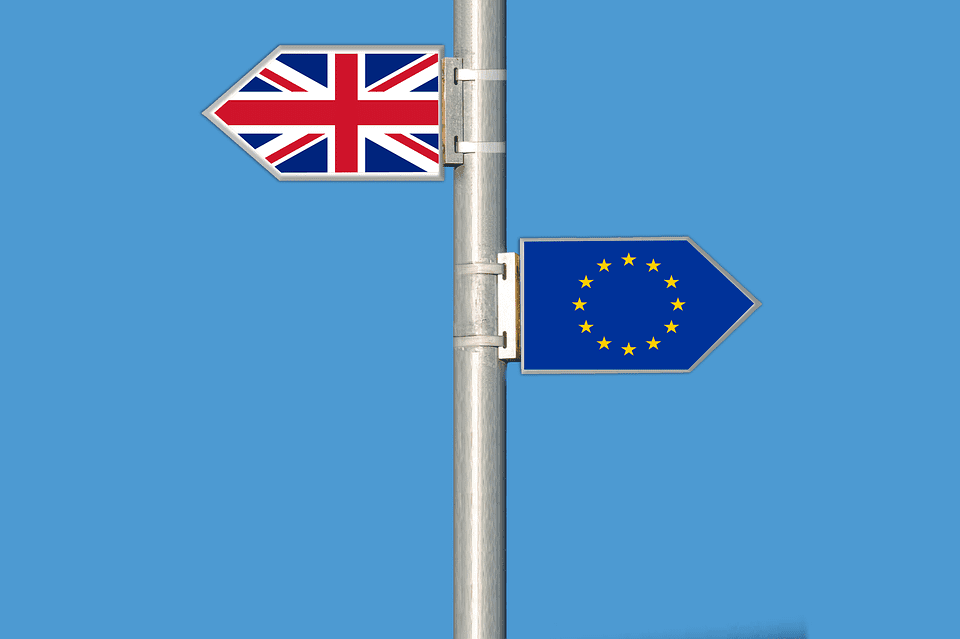 The European Council President Donald Tusk told the British voters to not give up on stopping the Brexit. This move is heavily controversial as it can be interpreted as an attempt to interfere with the upcoming British general elections.
The European Council President Donald Tusk told the British voters to not give up on stopping the Brexit. This move is heavily controversial as it can be interpreted as an attempt to interfere with the upcoming British general elections.
"I did everything in my power to avoid the confrontational no-deal scenario and extend the time for reflection and a possible British change of heart," he said during a speech at the College of Europe in Bruges after highlighting that Brexit may happen soon, "The UK election takes place in one month. Can things still be turned around? The only words that come to my mind today are simply: Don't give up," he added.
Tusk himself made clear he was not sure to make such declarations a few months ago, adding that he could have been fired for being honest.
"Only as part of a united Europe can the UK play a global role," he continued, "One of my English friends is probably right when he says with melancholy that Brexit is the real end of the British Empire," he added.
Tusk is set to leave his post as the head of the European Council in a few weeks, at the beginning of December, when he is gonna be succeeded by Charles Michel, a former Belgian parliament member.
Germany Avoids a Technical Recession
Meanwhile the German economy avoided a technical recession in the third quarter, after growing 0.1 percent mostly due to the construction sector and consumption and going against the expectations.
Germany's GDP grew 0.5 percent in the third quarter, after increasing 0.3 percent on the second, according to data released by the German Statistics Office. The German economy, which is heavily dependent on its exports, has been suffering enormously due to a falling global demand caused by the uncertainty related to Trump's trade wars and the Brexit political crisis.
The German economy minister said that despite not being on a technical recession, the growth figures are still too weak.
“We do not have a technical recession, but the growth numbers are still too weak,” announced Germany's Economy Minister Peter Altmaier on public television.
According to the figures, consumption is among the main reasons for this weak expansion, together with government spending and an expanding construction sector. Exports went up, while imports almost remained steady, suggesting to a positive trade balance may be also behind this.
“The indicators do not signal a recovery, but business climate indicators send the first ray of hope,” explained the ministry on its report.
By 10:39 GMT the Euro went down by 0.05 percent against the US dollar, at 1.1000. Conversely, it fell 0.15 percent against the Swiss Franc, falling to the 1.0879 level, while it dropped 0.18 percent, at 119.54.
